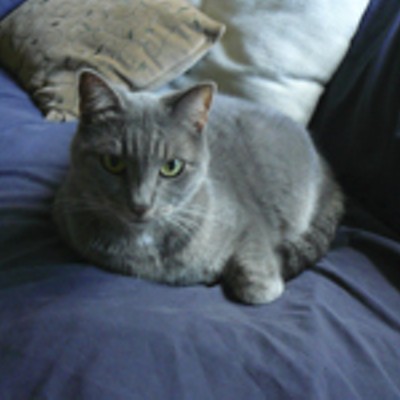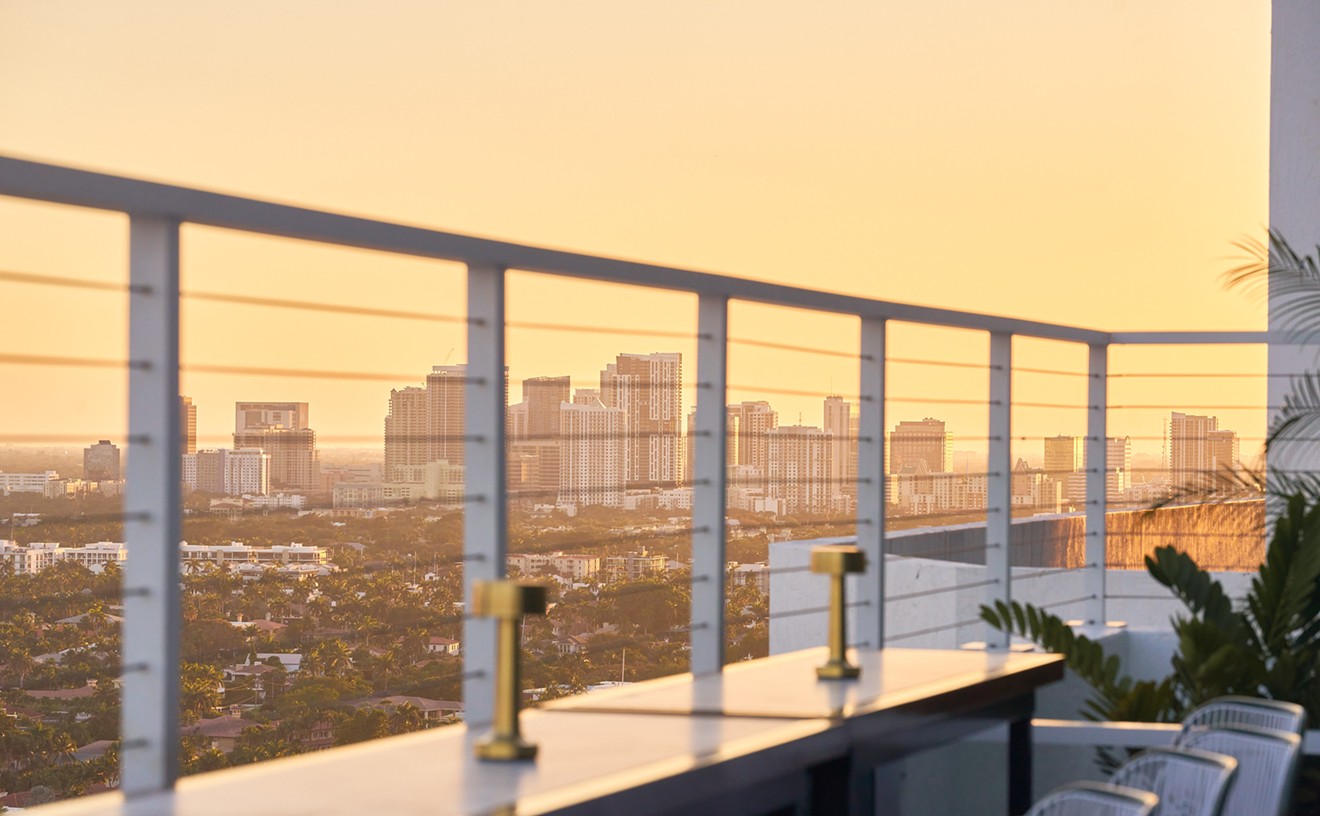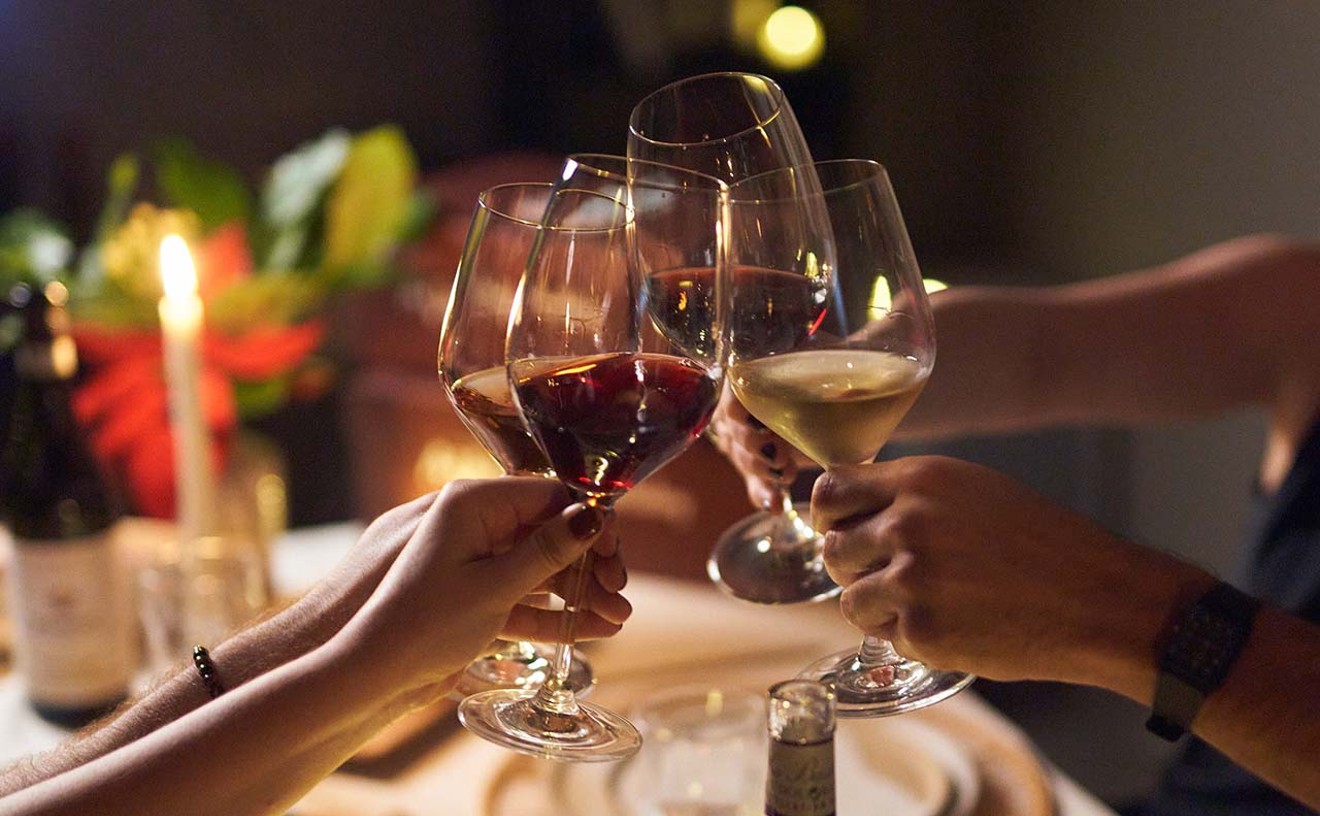ur Christmas dinner ham has been cooking in a Pyrex glass baking dish at 350 F. Then, when you open the oven door, Boom! Shards of sharp glass explode toward you like some homemade bomb.
According to a shocking investigative report in the January issue of Consumer Reports, it's a possibility when using Pyrex or Anchor Hocking.
"The baking dish just exploded as my daughter was about to touch it," Patricia Szczcenia of Lansing, Illinois told the magazine. She's not the only one to report such an event. So many complaints have been filed with the U.S. Consumer Product Safety Commission and others that World Kitchen, the Illinois-based manufacturer of Pyrex in the U.S. (since 1998, when it purchased Pyrex), and competitor Anchor Hocking have found it necessary to post pages on their websites that attempt to debunk the reports. Consumer Reports' new study is going to make the debunking a whole lot harder.
"The baking dish just exploded as my daughter was about to touch it," Patricia Szczcenia of Lansing, Illinois told the magazine. She's not the only one to report such an event. So many complaints have been filed with the U.S. Consumer Product Safety Commission and others that World Kitchen, the Illinois-based manufacturer of Pyrex in the U.S. (since 1998, when it purchased Pyrex), and competitor Anchor Hocking have found it necessary to post pages on their websites that attempt to debunk the reports. Consumer Reports' new study is going to make the debunking a whole lot harder.
The magazine's twelve-month investigation included testing in labs and gathering information from manufacturers, government agencies, experts, and consumers. A few of its findings:
- "Consumers in scores of cases reported glass bakeware unexpectedly shattering. When we examined 163 incidents in detail, we discovered at least 42 reports of injuries...we believe the situation is serious enough that we have asked the Consumer Product Safety Commission to investigate."
- 55% of people in the analysis said that bakeware shattered while it was still in the oven.
- The maximum oven temperature reported by 78% of those who experienced shattering was 375 F.
- "The American-made Pyrex and Anchor-Hocking bakeware...shattered at lower temperatures in our tough heat tests than European-made pans, which are made of a more expensive glass, borosilicate."
- CR not only found shattering during baking, but also went against instructions by testing how the dishes stood up when placed on a wet countertop straight from the oven. "We baked at least five sample of each brand in a 450-degree oven. All of the U.S. Pyrex and Anchor dishes shattered when placed on the wet countertop. None of the European dishes made of borosilicate broke."
- Anchor Hocking claims its glassware "breaks into relatively small pieces generally lacking sharp edges and shards when it does break." Consumer Reports counters: "That description differs dramatically from experiences reported by consumers when their Anchor Hocking bakeware shattered." The magazine describes how when Sharon Fluker opened her oven to baste a rib roast baking at 350 degrees, "Glass shards flew across the kitchen, including 'multiple large glass fragments,' and hundreds of 'microscopic shards penetrated her face and eyes, causing serious injury and loss of vision.'"
So why don't the U.S. companies use borosilicate? They used to, but in the early 1980s, "tighter U.S. air pollution regulations and the need to reduce energy consumption" introduced requirements for more pollution control equipment. Instead of springing for the extra cost, Pyrex and Anchor Hocking switched to soda lime glass. "A Corning educational booklet from 1984 titled 'All About Glass' describes soda lime as 'the lowest in cost of all glasses' and notes that its 'resistance to high temperatures and sudden changes of temperature are not good.'"
Both World Kitchen and Anchor Hocking come across callously in the article, cavalierly dismissing complaints from injured consumers. How have they responded to these safety concerns? "Within a day after we first contacted Corning to begin reporting on this article, an attorney for World Kitchen contacted Consumer Reports' legal staff. The company also asked to review test results and any article before publication, which is against Consumer Reports' policy."
Finally, Consumer Reports urges consumers who experience glass bakeware unexpectedly shattering to report the incident to CPSC at 800-638-2772 or [email protected].
There is a simple long term solution to this problem: Buy European-made bakeware. But in the meantime, if you plan on using American-made glass to cook with this holiday season, be careful -- and definitely do not place your hot Pyrex on a wet counter.
Follow Short Order on Facebook and Twitter @Short_Order.











